Real Madrid: A Complete History of the World’s Greatest Club
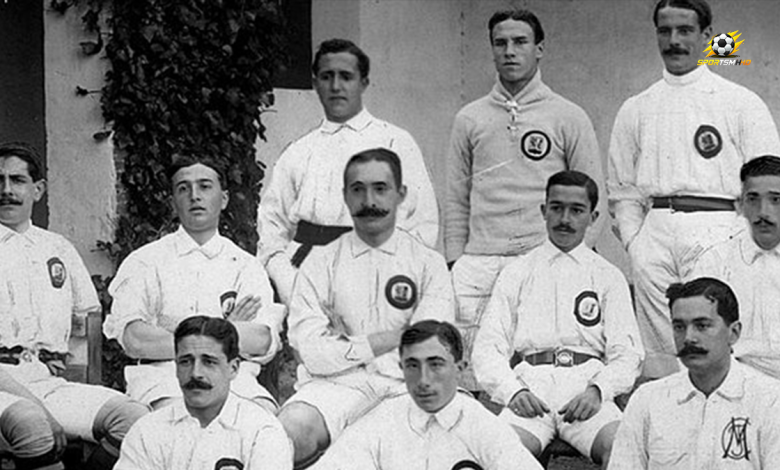
Real Madrid Club de Futbol, commonly known as Real Madrid, is one of the most successful and iconic football clubs in the world. Founded in 1902, the club has built an unparalleled legacy, boasting numerous domestic and international titles, legendary players, and a footballing philosophy centered around excellence and dominance.
This article explores Real Madrid’s origins, achievements, cultural significance, and impact on global football.
Founding and Early Years (1902-1920s)
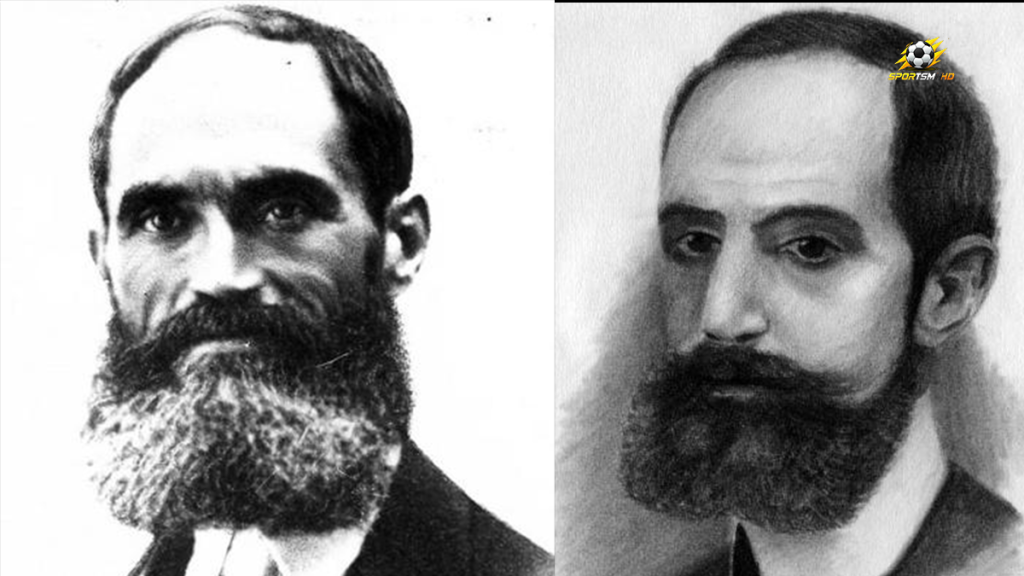
Real Madrid was established on March 6, 1902, as Madrid Football Club by a group of football enthusiasts led by Juan Padros. The club quickly became a dominant force in Spanish football, winning its first Copa del Rey title in 1905. In 1920, King Alfonso XIII granted the club the title “Real” (meaning “Royal”), solidifying its identity as Real Madrid.
The club played a crucial role in the development of Spanish football, being one of the founding members of La Liga in 1929. Real Madrid finished second in the season, laying the groundwork for future dominance.
Growth and European Domination (1930s-1960s)
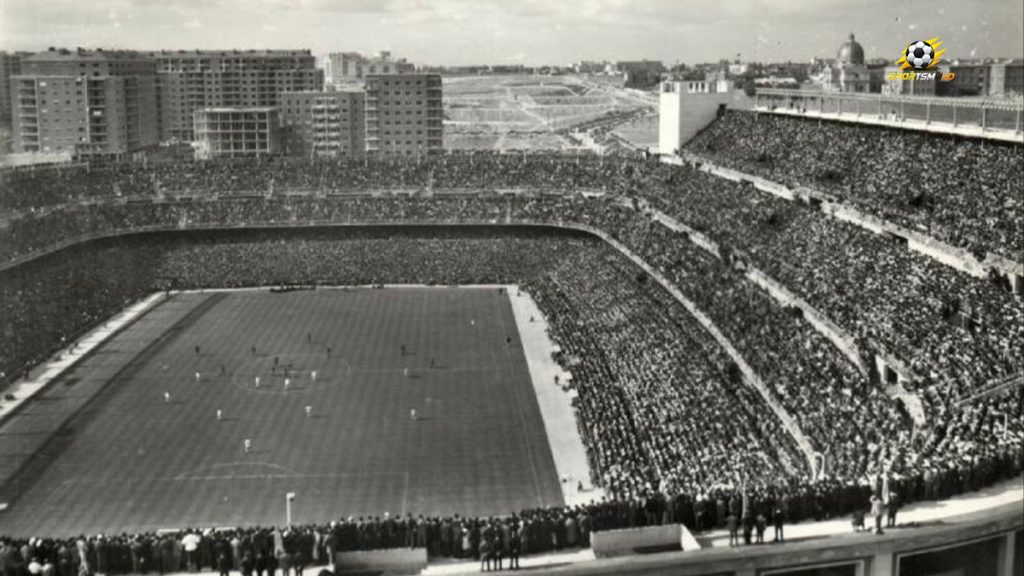
Despite the Spanish Civil War (1936-1939) disrupting football, Real Madrid emerged stronger in the post-war era. Under the presidency of Santiago Bernabéu, the club entered a golden age. Bernabeu revolutionized Real Madrid by constructing the Santiago Bernabéu Stadium (opened in 1947) and forming a team of world-class players.
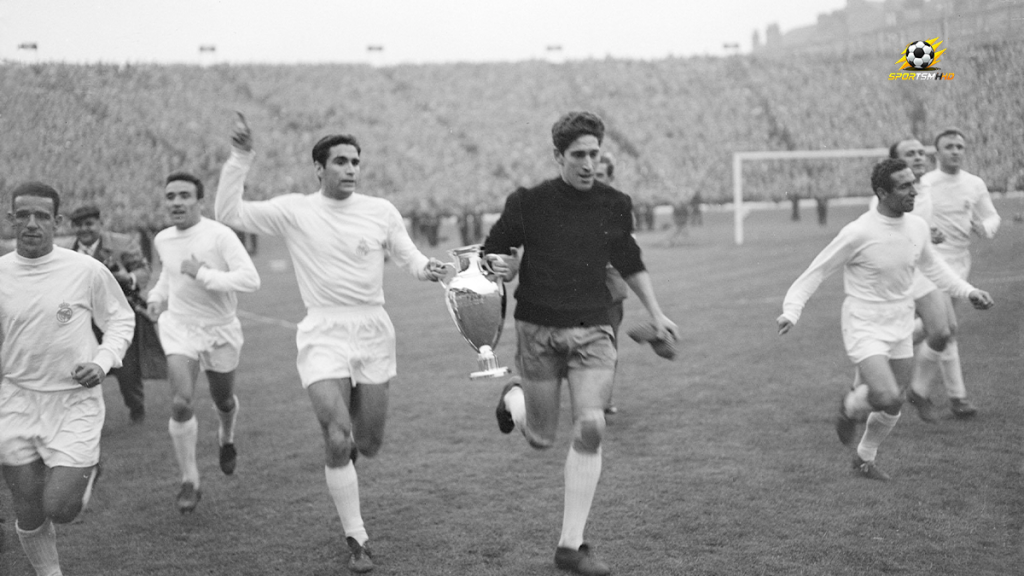
The 1950s and 1960s marked Real Madrid’s rise as a European powerhouse. The club dominated the newly established European Cup (now the UEFA Champions League), winning five consecutive titles from 1956 to 1960. Led by legendary players such as Alfredo Di Stefano, Ferenc Puskas, and Francisco Gento, Real Madrid set the benchmark for club football. The 1960 European Cup final, where Madrid defeated Eintracht Frankfurt 7-3, is widely regarded as one of the greatest matches in football history.
Transition and Domestic Success (1970s-1980s)
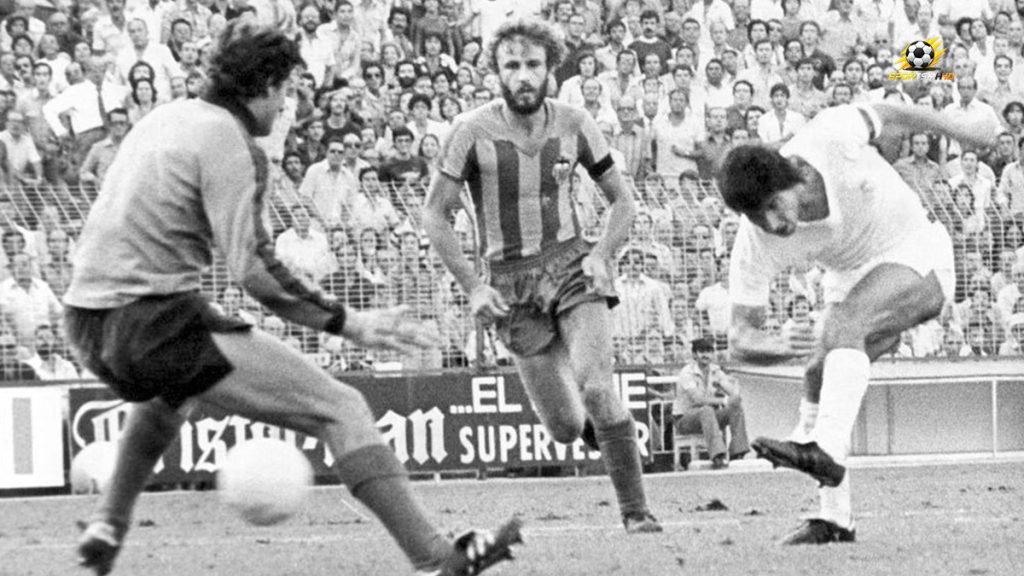
Following its early European success, Real Madrid focused on maintaining domestic dominance. The 1970s saw the club win multiple La Liga titles and Copa del Rey trophies. Players like Amancio Amaro and Pirri led Madrid to success, ensuring their continued reign in Spanish football.
The 1980s ushered in the era of “La Quinta del Buitre,” a group of homegrown talents led by Emilio Butragueno. Alongside Michel, Manolo Sanchís, Rafael Martín Vázquez, and Miguel Pardeza, Real Madrid won five consecutive La Liga titles from 1985 to 1990. Despite their domestic brilliance, European success eluded them during this period.
The Galacticos Era (2000s)
The early 2000s saw Real Madrid embark on an ambitious project under President Florentino Pérez, known as the “Galacticos” era. The strategy involved signing global superstars, including Luís Figo, Zinedine Zidane, Ronaldo Nazário, David Beckham, and later Cristiano Ronaldo.
This era brought both glory and challenges. Real Madrid won the 2002 UEFA Champions League, with Zidane scoring a stunning volley in the final against Bayer Leverkusen. However, the Galácticos policy also led to instability, as frequent managerial changes and defensive weaknesses prevented long-term dominance.
Cristiano Ronaldo and the Modern Golden Era (2009-2018)
In 2009, Real Madrid made a historic signing by acquiring Cristiano Ronaldo from Manchester United for a then-record fee. Alongside players like Karim Benzema, Sergio Ramos, and Luka Modric, Real Madrid entered a new period of success.
Under the guidance of José Mourinho, Carlo Ancelotti, and later Zinedine Zidane, Real Madrid reasserted its dominance in European football. The pinnacle came between 2014 and 2018, when the club won four UEFA Champions League titles in five years, including an unprecedented three-peat from 2016 to 2018 under Zidane. Key moments included Sergio Ramos’ dramatic equalizer in the 2014 final and Ronaldo’s bicycle kick against Juventus in 2018.
Cristiano Ronaldo and Recent Success (2019-Present)
Following Cristiano Ronaldo’s departure in 2018, Real Madrid faced a transitional period. However, the club quickly adapted, relying on emerging stars like Vinicius Junior, Rodrygo, and Federico Valverde, along with experienced leaders such as Benzema and Modric.
In 2022, under manager Carlo Ancelotti, Real Madrid won its 14th UEFA Champions League title, defeating Liverpool in the final. The club also claimed multiple La Liga and domestic trophies, reaffirming its status as a footballing giant.
Cultural and Social Impact
Real Madrid’s influence extends beyond football. The club represents excellence, ambition, and a winning mentality. Its fierce rivalry with FC Barcelona, known as El Clasico, is one of the most-watched sporting events globally, symbolizing regional and political tensions in Spain.
So far, Real Madrid is a global brand with millions of fans worldwide. The club has embraced philanthropy, supporting numerous social initiatives through the Real Madrid Foundation, which promotes education and social inclusion through sports.
Legacy and Future Prospects
Real Madrid’s legacy is unparalleled in football history. With 35 La Liga titles and a record 14 UEFA Champions League titles, the club remains the most successful team in European football.
Looking ahead, Real Madrid continues to evolve, investing in young talent while maintaining its competitive edge. With the upcoming redevelopment of the Santiago Bernabeu Stadium and the club’s commitment to sustainability and innovation, Real Madrid aims to remain at the pinnacle of world football.
Finally
From its humble beginnings in 1902 to becoming the most decorated club in European football, Real Madrid’s journey is one of resilience, excellence, and passion. Whether through its legendary players, historic victories, or global impact, Real Madrid continues to inspire generations of football fans. As the club moves into the future, its commitment to success and tradition ensures that its story is far from over—it is still being written.
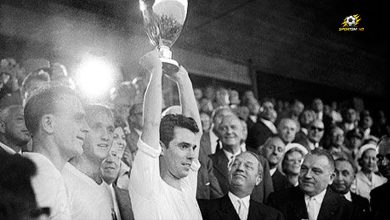
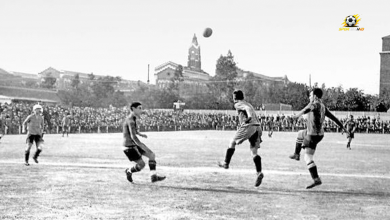
One Comment